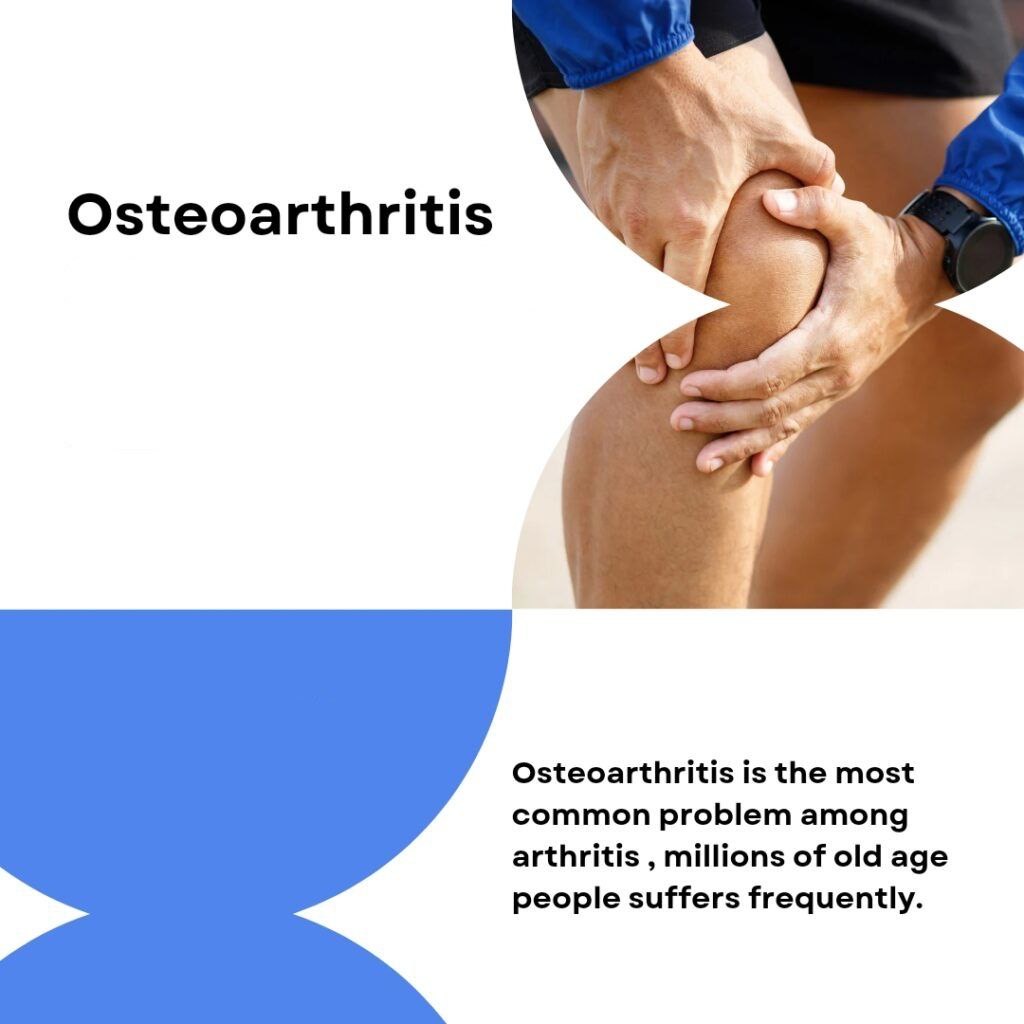Many people want to know about how to get vitamin D directly from food, about vitamin D rich foods and many more things about vitamin D.You all will be sad to know that it is very difficult to get vitamin D directly from food.Most of the foods that are rich in vitamin D in the world are fortified foods.
In indian subcontinent , significant amount of vitamin D is found only in popular fish Hilsa, Sarputi, Tilapia, Rupchad . The main reason behind this may be due to –
) There is no cold water sea or river in here.Cold water fish store vitamin D in their body to survive during winter, which most of the warm water fish do not do.
2) The type of zooplankton in the rivers is changing day by day due to environmental pollution, as a result, the vitamin D that was available earlier is not available now
What is the Natural method to gain Vitamin D ?
Therefore, the only way to make up vitamin D naturally is to exercise in the sun and eat natural cholesterol-rich foods instead of trying to make up for vitamin D deficiency from food. Also, avoiding soybeans, white rice, wheat, and sugar to guard against insulin resistance may do the trick.
Regular intake of probiotics will improve gut health and absorb more vitamin D.Along with taking vitamin D supplements, magnesium-rich foods increase the rate of vitamin D absorption by about 10 times. In this case, pumpkin seeds and peanuts can be good sources.
Which foot to avoid to absorb Vitamin D ?
People who eat foods with excess sugar, refined oils and cheeses, and foods made from flour, cannot absorb vitamin D properly, so these foods should also be avoided.Soybean and other refined-GMO oils overloaded with omega-6 fatty acids should be replaced by mustard oil or olive oil.A habit of Walking 10,000 steps or more every day from a very young age should be created.
Which food is rich in vitamin D ?
- Cod liver oil Sardines
- Salmon fish Swordfish Tuna fish
- Orange juice fortified with vitamin D
- Dairy and plant milks fortified with vitamin D
- Beef liver Egg yolk Fortified cereals
Why is vitamin D important ?
Vitamin D is a nutrient our body needs for building and maintaining bones healthy . Human body can only absorb calcium, which is the the primary component of bone, when vitamin D is present.
Vitamin D also regulates many other cellular functions . Its anti-inflammatory, antioxidant as well as have neuroprotective properties and support immune system ,sound muscle function and brain cell activity.
How do I get vitamin D ?
The best way to get adequate vitamin D naturally is a proper exposure to sunlight. This is also the reason vitamin d is known also as Sunshine Vitamin.
How much vitamin D per day?
The Recommended Dietary Allowance for adults 19 years and older is 600 IU (15 mcg) daily for men and women, and for adults >70 years it is 800 IU (20 mcg) daily.The tolerable Upper level for vitamin D for adults and children ages 9+ is 4,000 IU (100 mcg).
How much Vitamin D we need when Vitamin D is low ?
What are signs of low vitamin D in body ?
For those with a vitamin D level of 10 nanograms/dL, the daily dose would be 67 IU per kg.
If the weight is 70 kg, the dose is 4700 IU, assuming 5000 IU will last for 12 weeks.
For those with vitamin D levels at or near 15 ng/dL, the daily dose would be 60 IU per kg. If the weight is 70 kg, the dose is 4200 IU, assuming 4 thousand IU a day, it will last for 14 weeks.
For those with vitamin D levels at or near 20 ng/dL, the daily dose would be 51 IU per kg. If the weight is 70 kg, the dose is 3550 IU, assuming 4 thousand IU will last for 10 weeks.
For those with a vitamin D level of 25 nanograms/dL, the daily dose would be 42 IU per kg. If the weight is 70 kg, the dose is about 3000 IU, assuming 4000 IU will last for 8 weeks.
For those with a vitamin D level of 30 nanograms/dL, the daily dose would be 34 IU per kg. If the weight is 70 kg, the dose is around 2300 IU, assuming 2 thousand IU will last for 14 weeks.




